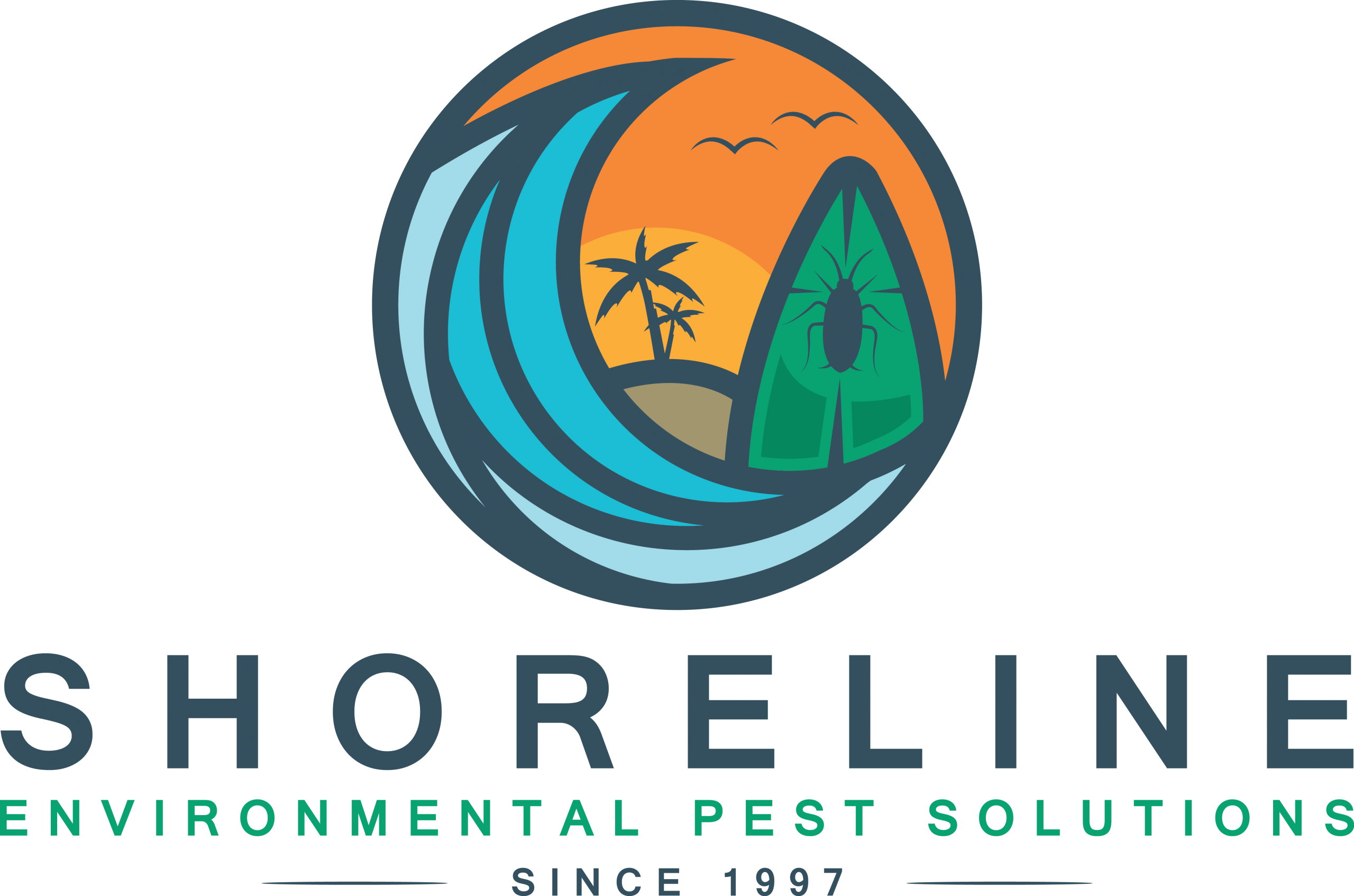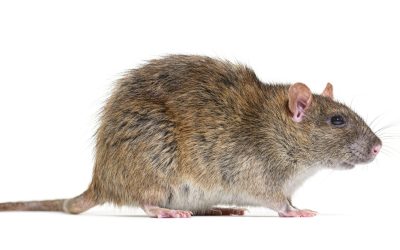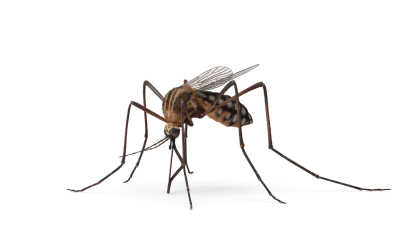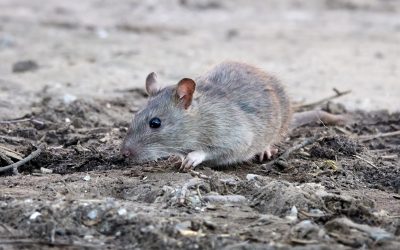Around West Palm Beach and many other parts of Florida, termites are a constant threat. Shoreline Environmental Pest Solutions has over four decades in the business of helping our neighbors and fellow business owners control termite infestations and protect their property.
The species we deal with are Drywood and Subterranean termites in West Palm Beach. Each one is dangerous to area homes and businesses, but nest and invade differently. We have developed an individual plan to attack each species in their homes before they can infest yours.
Drywood termites move slowly and build small colonies, called galleries. However, they send out alates, which can fly, to lay eggs to grow new galleries virtually anywhere. It is especially dangerous when we find the wings by themselves since the alates bite them off just before mating.
Fortunately, they build their galleries aboveground and are usually easy to find. As their name implies, Drywood termites need very little moisture and build inside the wood. They also feed on it, which allows them to expand farther inside, providing more protection. They prefer live trees, but any wood will work for them. Because of that, our technicians start searching for Drywood termites inside your home and then move outward until they find the gallery.
Once we find it, our techs inject chemical agents directly into the gallery to kill the termites. One of the most effective agents we use is Termidor Foam. It does not evaporate, so it remains in place to kill the termites more effectively. In most cases, we can eliminate a gallery completely in about two weeks.
Subterranean termites, however, are the greater threat. This species builds much larger colonies underground and can thrive in any soil or wood, needing only a small source of water. That allows them to develop a very extensive colony right on a homeowner’s doorstep, up to 100,000 and even more in West Palm Beach homes on larger acreages.
To stop this species, we examine the property for trails or roads where the termites are entering the home. Another thing we look for are water sources, such as air conditioner drains and leaky, outdoor faucets. When we find any of them, Shoreline Environmental Pest Solutions technicians set out Sentricon bait foods and monitors. As with the foam poisons, scouts and other termites eat the bait and bring more back to the colony.
We prefer using bait foods, so we do not have to cover the entire property with a chemical agent. It is safer for homes with children and pets, and also reduces the number of poisons that leach into area groundwater.
Termites do not announce themselves like a storm moving in, but they can destroy a home just as thoroughly. If you need our services, contact Shoreline Environmental Pest Solutions at (561) 842-4700 today. We can quickly schedule an inspection and provide you with a free estimate on how we can help you and your home or business.
Click here for more information regarding the city of West Palm Beach.




0 Comments